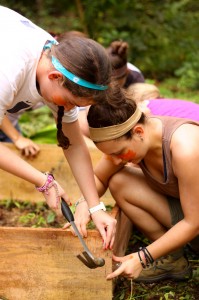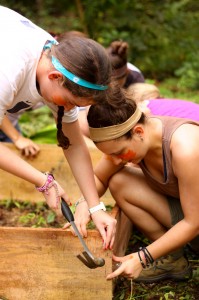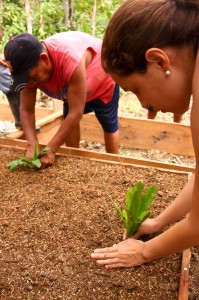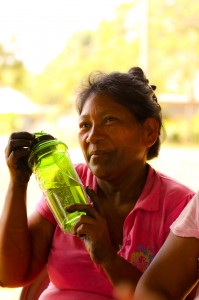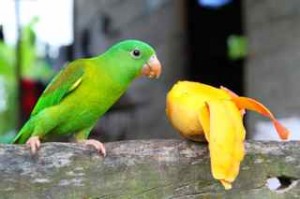An amazing start for Environmental Brigades in the first 3 weeks of 2012! In total, 62 volunteers from 8 different universtities have worked alonside staff and community members to build 11 greenhouses & organic gardens and implemented tens of hours of environmental health & waste management workshops in the indigenous community of Piriati Embera, Panama.
These infrastructures will soon supply the families a continued supply of organically-grown fruits and vegetables free of expensive and ecologically-detrimental petrochemical pesticides. To complement this physical component, the education provided the importance of the nutrient and water cycles, environmental health, and methods of reducing the amount of waste being burned or thrown away onto the ground and into rivers.
How else with these projects help the community?
According to Carlos Moreno, our Environmental Brigades technician, a bag of chemical fertilizers made from synthetic and petrochemicals is around $33 a bag (and rising). The ingredients necessary to create the organic mix that we have taught the families is only about $8, and all from local sources. If the families start collecting things such as chicken manure, feathers, wood ash, and saw dust, that amount spent can further decrease. Furthermore, the switch to organic fertilizers means that the same amount can be applied year after year, whereas in the case of chemical fertilizers, the usage actually grows because the crops become reliant on this sole source of nutrients.
Each component of the integrated organic garden serves to accommodate different crop types and optimal growth. Nutrient cycles are mimicked as in a healthy ecosystem by leveraging the power of compost, which convert food scarps that the families create into a rich fertilizer. The careful regulation of sunshine and rainfall through the special roof, coupled with raised seed beds which greatly alleviate the chances of fungal infection, will contribute to the success of healthy seed germination and plant growth.
And, of course, the more food crops and fruits the families produce, the less they have to spend money on produce brought in by people from outside the community! Not only are these projects affecting the environment and health of community members, but they are also providing economic benefits that will further help support families.

